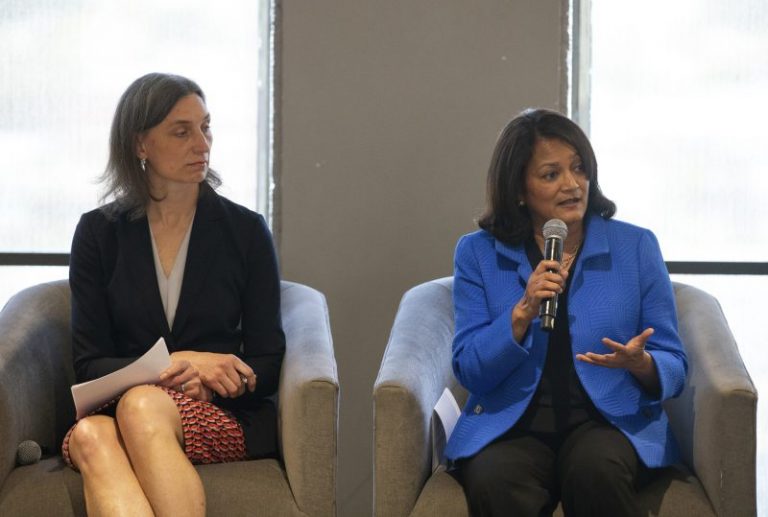Progressive Democrats Aren’t Turning Activism Into Election Wins
Activism has long been a cornerstone of progressive movements, aiming to bring about social and political change by raising public awareness and advocating for specific causes. In the world of American politics, progressive activism is often associated with the Democratic Party, which has seen a rise in progressive candidates and policies in recent years. However, despite the energy and enthusiasm generated by progressive activism, many Democrats are finding it difficult to translate that momentum into election wins.
One of the key reasons for this disconnect between activism and electoral success is the challenge of mobilizing voters beyond the activist base. While progressive activists are often motivated and passionate about their causes, they represent a relatively small segment of the electorate. In order to win elections, Democrats need to appeal to a broader range of voters, including moderates and independents who may not share the same level of enthusiasm for progressive policies.
Furthermore, the message and tactics used by progressive activists may not always resonate with the general public. Issues that are central to the activist agenda, such as social justice, climate change, and healthcare reform, are important to many voters. However, the way these issues are framed and prioritized by activists may not always align with the concerns and priorities of the broader electorate. This can make it difficult for progressive candidates to build a winning coalition that includes a diverse range of voters.
In addition, progressive Democrats face challenges within their own party in terms of messaging and strategy. While some progressives advocate for bold, transformative policies that challenge the status quo, others argue for a more moderate approach that focuses on incremental change and bipartisanship. This internal divide can lead to confusion and division within the party, making it harder to present a unified front to voters.
Moreover, the influence of money in politics presents a significant obstacle to progressive Democrats. Wealthy donors and special interest groups can wield significant power in elections, often favoring more centrist candidates who are perceived as safer bets. This can limit the resources available to progressive candidates and make it harder for them to compete in costly campaigns.
Despite these challenges, there are examples of progressive Democrats who have successfully translated activism into electoral wins. Candidates like Alexandria Ocasio-Cortez and Ilhan Omar have captured national attention and energized their bases by championing bold, progressive policies. By building grassroots support and leveraging social media and other digital tools, these candidates have been able to reach and mobilize voters in ways that traditional campaigns have not.
In conclusion, while progressive activism is an important force for social change, turning that energy into electoral wins can be a complex and challenging process. To be successful, progressive Democrats must find ways to bridge the gap between activism and mainstream politics, appeal to a broad coalition of voters, and navigate internal divisions within their own party. By learning from both the successes and failures of past campaigns, progressive Democrats can chart a path forward that leads to meaningful and lasting political change.



